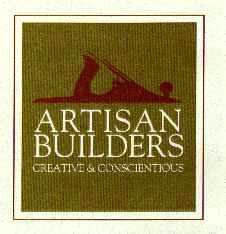As long as there is work to be done (and there always will be, remembering that shelter is a basic necessity), people will have to consider the difference s between Fixed Price and Cost Plus contracts.
The first is exactly as it implies: the contractor commits to a scope of work for a specific dollar amount and completes it, no matter the cost to him. Cost Plus (also known as “Labor and Materials”) charges for every invoice incurred, plus a percentage, and labor at an hourly rate.
No easy answer is available here to client or contractors. Pros and cons for both are so complex that ultimately each can be considered for any size or shape of project. The contractor, in theory, having more experience, can be prepared for both, and direct the client towards the one that is most advantageous to the circumstances.
At first glance, the one paying gravitates to a Fixed Price. You go to the store, pick out a shirt, put the money down, and it is done. Conventional wisdom says construction always goes over budget so the client wants to nail it as firmly as sheathing to a rafter, and banks absolutely insist on eliminating the risk.
In this case, the builder makes a bet that he can twist his predictions into reality, trusting that he has considered every problem and counted every stick. Unfortunately, he has little room to wiggle out of a more expensive sub-contract or an over-looked detail. Constant renegotiation, no matter how legitimate, smacks of “nickels and dimes”, or “low-balling”, and alienates the relationship. It is usually better to absorb the losses in the hopes of higher profits.
In a Cost Plus contract, the dollars accumulate in direct proportion to the project, no risk to the builder who shows up, produces a kitchen and gets paid. Less potential for a “killing”, he also, in theory, pays his bills and can count on his own paycheck at the end of every week.
The risk now falls on the owner. Construction projects usually do run over budget, but more often by choice than by mistake. It might cost fairly what it costs, but the owner and builder must have pencils sharp enough to pay for it all.
Size of the project and personalities of the parties play an important role in the choice of contract. As a rule of compromise, in new construction--which is so much easier to predict--a fixed price establishes a clean bill and an easy list of details with specific dollars attached. A remodel, potentially hiding surprises behind every existing wall, lends itself to the organic flexibility of a Cost Plus agreement.
How easily trust can be established in a few short and agenda-full meetings influences the choice. Ultimately, one’s comfort with risk is the ultimate decision.



No comments:
Post a Comment